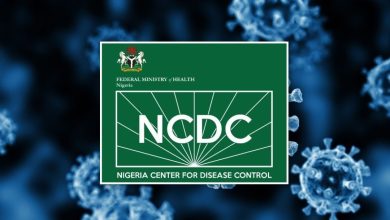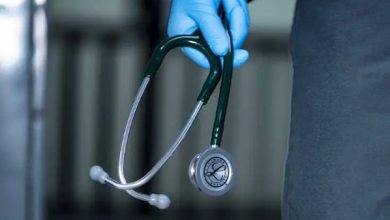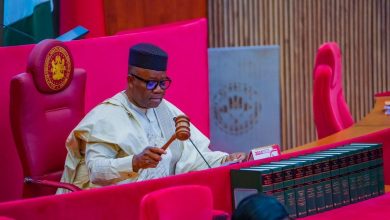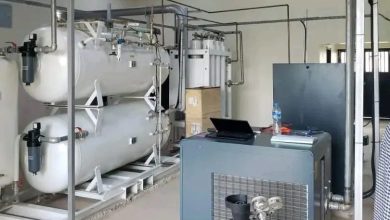House of Reps Investigates $4.6bn Health Grants After Poor HIV, TB, Malaria Outcomes
The House of Representatives has begun probing how Nigeria spent over $4.6 billion in health grants.
Lawmakers questioned why HIV, TB, and malaria rates remain high despite massive foreign funding.
The House of Representatives has launched an investigation into the utilization of over $4.6 billion in health grants and assistance received by Nigeria from the Global Fund and the United States Agency for International Development (USAID) between 2021 and 2025.
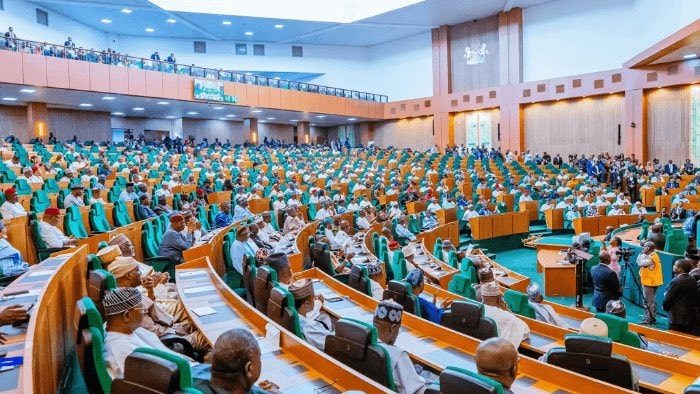
The decision followed a motion of urgent national importance moved on Tuesday by Philip Agbese (APC, Benue), the Deputy Spokesperson of the House, who expressed concern over Nigeria’s persistently poor health indicators despite massive foreign aid.
According to Agbese, Nigeria received about $1.8 billion from the Global Fund within the period to combat HIV, tuberculosis (TB), and malaria, in addition to $2.8 billion from USAID for programmes targeting HIV, malaria, polio, and tuberculosis between 2022 and 2024.
He further disclosed that Nigeria also benefited from more than $6 billion in assistance under the U.S. President’s Emergency Plan for AIDS Relief (PEPFAR) to support HIV/AIDS control and strengthen health systems.
“The country has continued to receive significant support through these global partnerships, yet the outcomes have not matched the scale of investment,” Agbese said.
Despite being one of the largest recipients of Global Fund and USAID assistance in Africa, he noted that Nigeria still ranks among the countries with the highest global burdens of HIV, TB, and malaria.
Citing 2023 data, the lawmaker revealed that about 15,000 children under 14 years died from AIDS-related causes, while the country recorded 51,000 AIDS-related deaths overall, placing Nigeria third globally in HIV fatalities. He added that Nigeria ranks first in Africa and sixth globally in tuberculosis, accounting for 4.6% of the world’s TB cases, and bears the highest malaria burden worldwide, representing 26.6% of global infections and 31% of malaria deaths.
Agbese lamented the absence of consistent oversight by the National Assembly despite its constitutional powers under Sections 88 and 89 to summon ministries, agencies, and NGOs involved in implementing the grants. He warned that without urgent intervention, Nigeria risks failing to meet the United Nations Sustainable Development Goals (SDGs) target of eliminating HIV, TB, and malaria by 2030.
“The alarming statistics call for transparency, accountability, and improved coordination. These are funds meant to save lives, and we must ensure they are being used effectively,” he stated.
Following the motion, the House mandated its Committee on HIV/AIDS, Tuberculosis, and Malaria Control to investigate the utilization of the grants received between 2021 and 2025 and report back within four weeks. The lawmakers also directed the Coordinating Minister of Health and Social Welfare to submit a detailed implementation plan and provide records of National Assembly approvals for the utilization and expenditure of the funds.
